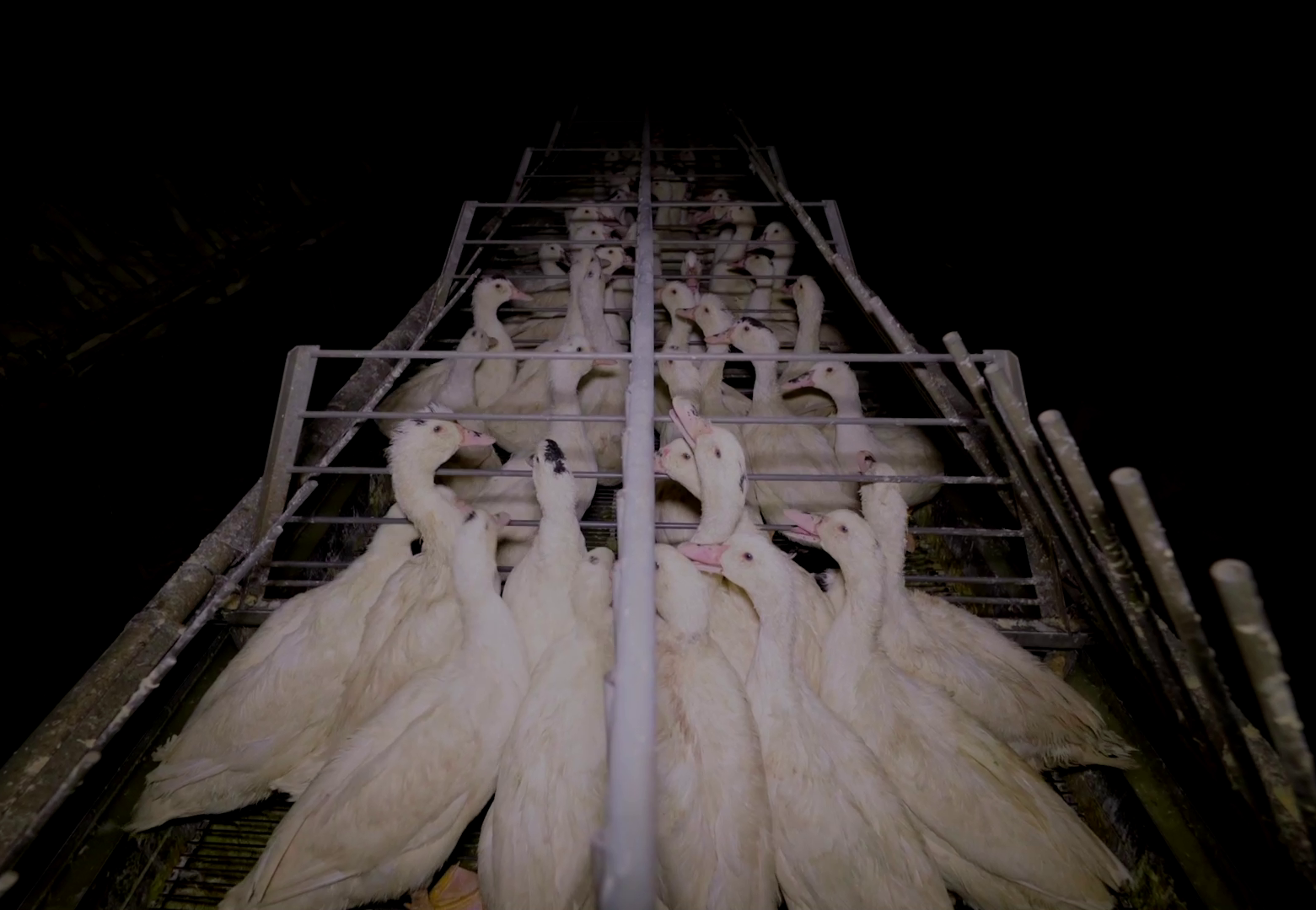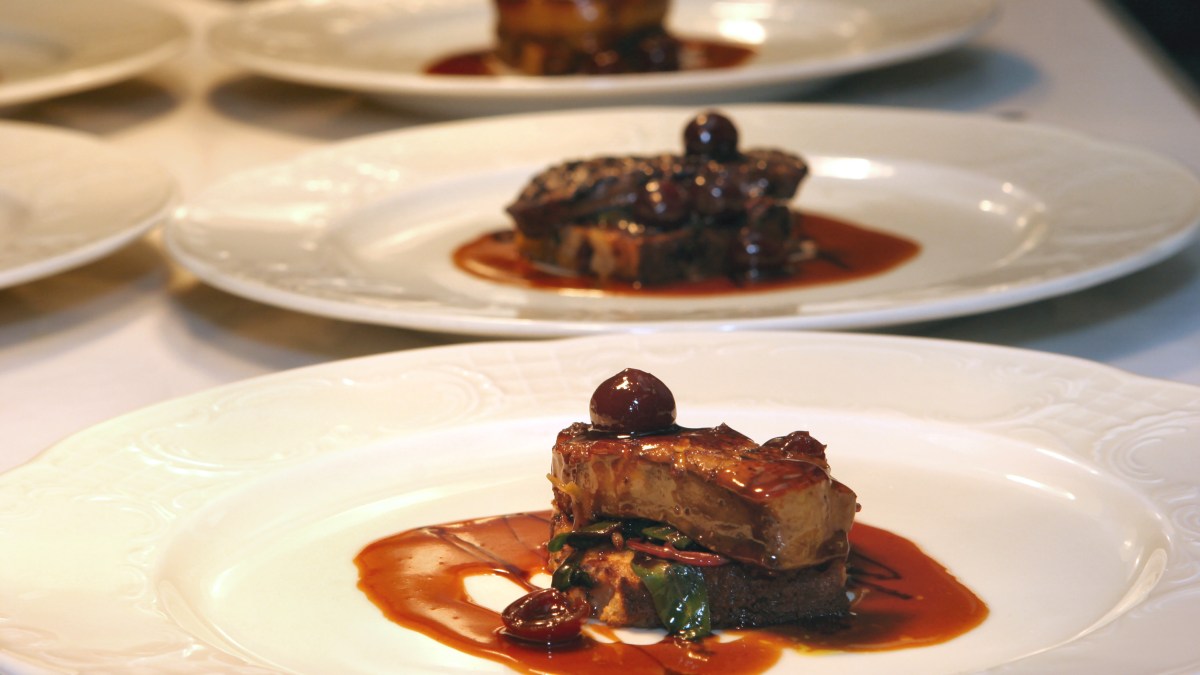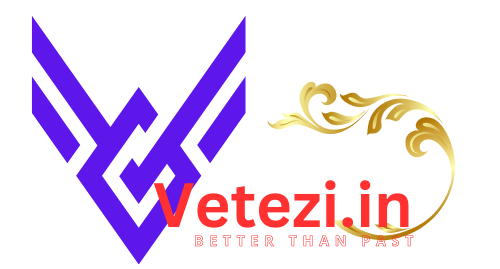In a move that has sent shockwaves through the culinary world, several renowned Austin restaurants have recently removed foie gras from their menus. This decision, prompted by an unrelenting campaign by animal rights organization PETA, has sparked a heated debate about the ethics of foie gras production and consumption.
PETA’s relentless efforts to expose the cruel practices involved in foie gras production have played a significant role in swaying public opinion against this controversial delicacy. As a result, restaurants are increasingly facing pressure to align with ethical consumer values and remove foie gras from their offerings.
PETA’s Role in Foie Gras Removal
PETA has been a vocal opponent of foie gras production and consumption for decades, launching a sustained campaign to pressure restaurants into removing the delicacy from their menus.
PETA’s tactics have included:
- Public protests outside restaurants serving foie gras.
- Lobbying efforts to pass legislation banning the sale of foie gras.
- Educational campaigns to inform consumers about the cruelty involved in foie gras production.
PETA’s campaign has been effective in influencing restaurant decisions. In recent years, a growing number of restaurants have removed foie gras from their menus, citing ethical concerns and pressure from PETA and other animal rights groups.
Ethical Concerns Surrounding Foie Gras

Foie gras, a delicacy made from the enlarged liver of ducks or geese, has raised significant ethical concerns due to the production methods involved. The process of foie gras production, known as gavage, involves force-feeding the birds large amounts of food to induce liver enlargement.
This practice has been criticized for causing health problems in the birds, including liver damage, respiratory distress, and a shortened lifespan. Additionally, the confinement and unnatural conditions in which the birds are kept during gavage have been questioned on ethical grounds.
Arguments Against Foie Gras Consumption
- Animal Welfare: Foie gras production involves the force-feeding of birds, which can cause physical and psychological distress.
- Unnatural and Cruel: The process of gavage is considered unnatural and cruel, as it forces birds to consume excessive amounts of food against their will.
- Health Risks: The consumption of foie gras has been linked to health risks in humans, including liver damage and high cholesterol levels.
Arguments for Foie Gras Consumption
- Culinary Tradition: Foie gras has been a culinary tradition in many cultures for centuries, and it is highly valued for its rich flavor and texture.
- Economic Benefits: The foie gras industry provides economic benefits to farmers and businesses involved in its production and distribution.
- Sustainable Farming Practices: Some foie gras producers argue that they use sustainable farming practices that minimize the impact on animal welfare.
Legal and Regulatory Implications

The production and consumption of foie gras are subject to varying legal and regulatory frameworks around the world. In some jurisdictions, the practice is explicitly prohibited or restricted, while in others, it is permitted under specific conditions.
In the United States, the production and sale of foie gras are generally allowed. However, California has banned the sale of foie gras produced from ducks or geese force-fed to enlarge their livers. Similar bans have been implemented in other countries, including the United Kingdom, Germany, and India.
International Regulations
There are currently no international laws or regulations that specifically prohibit or restrict the production or consumption of foie gras. However, the World Organization for Animal Health (OIE) has established guidelines for the humane treatment of animals used in food production, which include recommendations against the force-feeding of animals to produce foie gras.
Potential Legal Challenges and Regulatory Changes
The legal and regulatory landscape surrounding foie gras is likely to continue to evolve in the coming years. Animal welfare advocates are increasingly calling for bans on the production and sale of foie gras, arguing that the practice is cruel and unnecessary.
In response, foie gras producers are seeking to implement stricter regulations to ensure the humane treatment of animals and maintain the viability of their industry.
Economic Impact of Foie Gras Removal
The removal of foie gras from Austin restaurant menus is expected to have a significant economic impact on the industry. Foie gras is a highly sought-after delicacy, and its removal will likely lead to a decrease in revenue and profitability for restaurants that offer it.
Additionally, the removal of foie gras could lead to job losses in the restaurant industry, as restaurants may be forced to lay off staff in order to cut costs.
Alternative Menu Items and Strategies
In order to mitigate the loss of foie gras sales, restaurants can explore offering alternative menu items that are similar in taste and texture. Some possible alternatives include duck confit, chicken liver pâté, or vegetarian terrines. Additionally, restaurants can focus on promoting other high-end menu items, such as steak or seafood, to make up for the loss of foie gras sales.
Consumer Perception and Demand
Consumers’ perceptions of foie gras vary widely. Some view it as a delicacy, while others find its production methods unethical. The removal of foie gras from restaurant menus may impact consumer demand for the product and other luxury food items.
Social Media and Online Reviews
Social media and online reviews play a significant role in shaping consumer opinions. Negative publicity surrounding foie gras production can influence consumers’ perceptions and reduce demand. Conversely, positive reviews and endorsements can bolster demand.
Closing Summary
The removal of foie gras from Austin restaurant menus marks a significant victory for animal rights advocates. It underscores the growing awareness of the ethical implications of food choices and the power of consumer activism in shaping industry practices. While the debate surrounding foie gras is likely to continue, the decision by Austin restaurants to prioritize animal welfare sends a clear message that ethical considerations are becoming increasingly influential in the culinary world.
Frequently Asked Questions
What is foie gras?
Foie gras is the enlarged liver of a duck or goose that has been fattened through a process called gavage, where a tube is inserted into the bird’s esophagus and a mixture of corn and fat is pumped into its stomach.
Why is PETA opposed to foie gras?
PETA argues that the production of foie gras involves extreme cruelty to animals, as the process of gavage causes liver damage, respiratory distress, and a shortened lifespan for the birds.
What are the ethical concerns surrounding foie gras?
The ethical concerns surrounding foie gras center on the inhumane treatment of animals during the production process, the environmental impact of intensive farming practices, and the health risks associated with consuming a high-fat food like foie gras.
What are the legal implications of foie gras production and consumption?
The production and consumption of foie gras is legal in most countries, but there are some jurisdictions that have banned or restricted the practice due to animal welfare concerns.
What is the economic impact of foie gras removal on Austin restaurants?
The economic impact of foie gras removal on Austin restaurants is likely to be minimal, as foie gras is a relatively niche product. However, some restaurants may experience a slight decrease in revenue due to the loss of sales from foie gras dishes.




